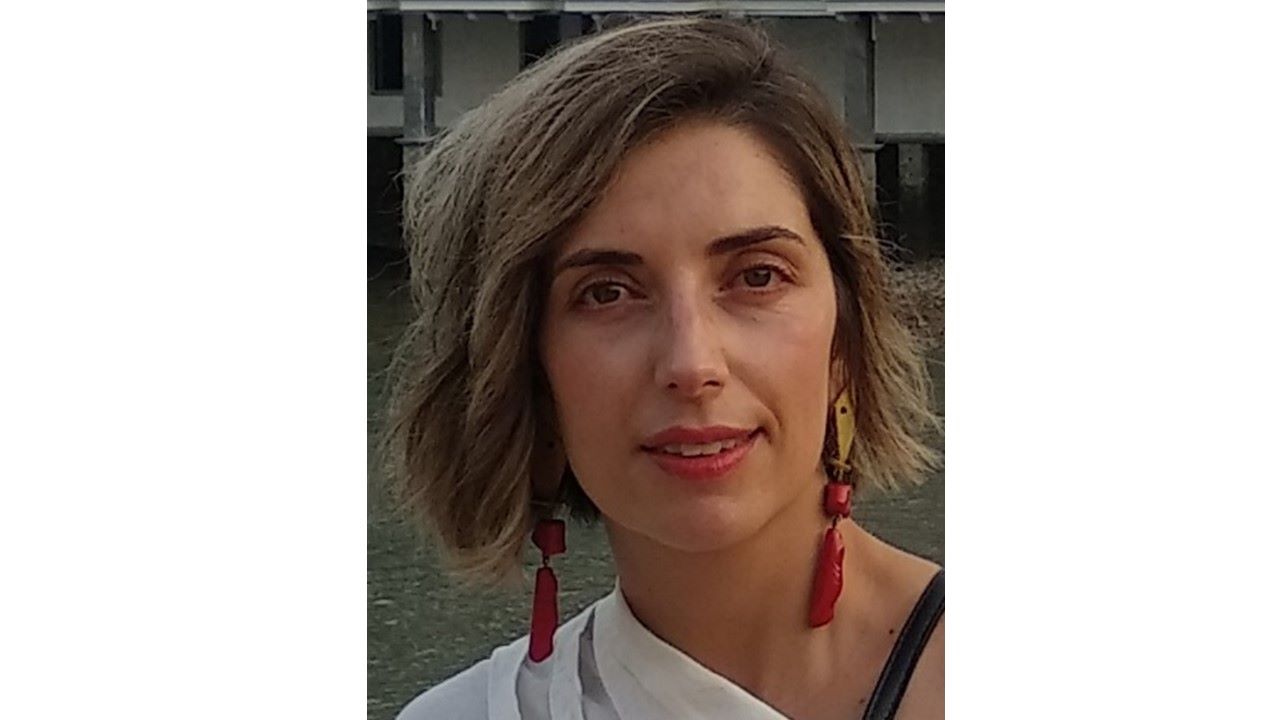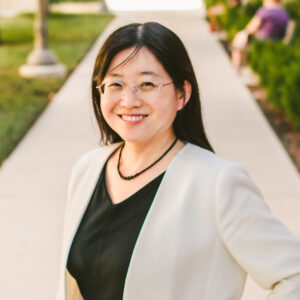At a glance
| Title | My watch, my therapy – A step towards Personalized Cancer Therapy via Drug/Gene co-delivery |
| Reference | 2022.15592.UTA |
| Scientific Area | Nano Materials for New Markets |
| Funding (US) | 100 000 USD |
| Leading Institutions | Health Sciences Research Centre, University of Beira Interior, PT
Department of Mechanical Engineering, The University of Texas at Austin, US |
| Duration | 12 months |
| Start date | September 16, 2024 |
| End date | December 31, 2025 |
| Keywords | Drug/gene co-delivery; Cancer Gene Therapy; Circadian Clock; Cancer Chronotherapy |
What is CanClock about?
The project is focussed in a totally new and original research approach on chronotherapy. The overriding aim is the study of the effect of circadian rhythm in the performance of drug-gene co-delivery systems. Objectively, and for the first time, the team will examine if the “modus operandi” of a drug/gene co-delivery system is circadian rhythm-dependent. The drug/gene co-delivery system will consist of a novel Raman nanosensor, that will be designed to display unprecedented delivery precision due to improved specificity, selectivity, and controlled release in quasi-real time.
In vitro studies conducted at different time points, and focused on the role of clock genes, will be performed to find out if vector´s cell uptake and release profile are circadian rhythm-dependent phenomena. This project will link Chronobiology to Nanotechnology to provide new knowledge and understanding on the relationship of circadian rhythm and vector´s mechanism of action. This original research topic will bring novel information instigating the investigation on chronotherapy, a very promising field but yet poorly explored. Moreover, the team strongly expects that results from this exploratory project will open the route for research focused on personalized cancer therapy, by considering “individual circadian rhythm” in the design/development of delivery vectors.
What critical challenges is CanClock addressing?
Accumulating evidence indicates that the inclusion of circadian clocks into cancer therapy will offer new avenues for a more effective cancer therapy. Moreover, mechanisms involved in the efficacy of chronotherapy, such as drug transport/distribution, are also regulated by the circadian clock. Despite this relevant impact of circadian timing in cancer therapy, rarely any research has been done to promote clinical cancer chronotherapy. Consequently, there is a dire need for the combination of Chronotherapy and Nano-biotechnology to bring relevant new knowledge on the role of circadian rhythm on the performance of delivery systems for advances in personalized cancer therapy.
How will CanClock contribute to a more effective cancer therapy?
The team will develop an original drug/gene co-delivery system consisting of a polymer nanosensor, for highly controlled and tailored release. The effect of this delivery system on circadian core components of human cancer cells will be studied. The influence of the circadian clock on the profile of the delivery system will be investigated; in particular, the effect of core clock gene deletion in the efficacy of the system will be explored. We will need to examine the dynamic controlled release of drug/gene by the nanosensors controlled by applied electric fields. Preliminary results demonstrate successful controlled release of fluorescent dye molecules.
What is the expected impact of CanClock in cancer therapy research?
The project will provide novel insights into quantitative aspects of the circadian clock in cancer therapy, unravel the role of circadian clock on drug-gene co-delivery strategy and its induced therapeutic effect. In addition, with CanClock will be possible to identify alternatives to improve the safety and efficacy of treatment, giving a better use of the existing drugs, or even drugs that have failed in the path to clinical trials. Thus, time and resources associated to the process of reengineering or bringing a new drug to the market will shorten dramatically.
Project Team
Diana Costa
Donglei Emma Fan
- Other team members in Portugal: Telma Quintela (Co-Pi; CICS-UBI – Health Sciences Research Centre, University of Beira Interior, Portugal);


